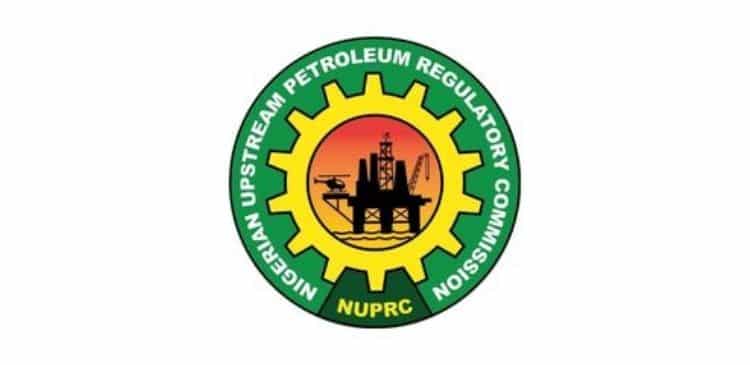Nigeria’s upstream oil sector has achieved a remarkable milestone, with crude oil losses from theft and metering inaccuracies dropping to their lowest levels in nearly 16 years, according to the Nigerian Upstream Petroleum Regulatory Commission (NUPRC).
In its latest report, the NUPRC revealed that daily crude oil losses in July 2025 stood at just 9,600 barrels per day (bpd), the lowest since 2009, when losses hit a record low of 8,500 bpd.
The data, covering trends from January to July 2025, highlights a dramatic turnaround for Nigeria’s oil industry, which has long grappled with significant losses due to theft, vandalism, and systemic inefficiencies.
Over the first seven months of 2025, total losses amounted to 2.04 million barrels, averaging 9,600 bpd, a 50.2% reduction compared to the 4.1 million barrels lost throughout the entire 2024 calendar year, which averaged 11,300 bpd.
The progress is even more striking when compared to 2021, the peak year for crude oil losses in over two decades.
That year, Nigeria lost a staggering 37.6 million barrels, averaging 102,900 bpd. In contrast, the 2.04 million barrels lost in the first seven months of 2025 represent a 94.57% drop, highlighting the effectiveness of recent measures to curb oil theft and improve operational efficiency.
The NUPRC attributes this sustained progress to reforms initiated under the Petroleum Industry Act (PIA) of 2021.
The act has provided a framework for addressing systemic issues in the oil sector, leading to a consistent year-on-year reduction in losses. In 2022, losses fell to 20.9 million barrels (57,200 bpd), followed by a further decline to 4.3 million barrels (11,900 bpd) in 2023.m
The downward trend continued in 2024, with losses contained at 4.1 million barrels (11,300 bpd).
“This significant reduction in crude oil losses reflects the Commission’s commitment to eliminating theft and inefficiencies across Nigeria’s oilfields and pipelines,” said NUPRC Chief Executive Engineer Gbenga Komolafe.
“Our collaborative efforts with security agencies, operators, and communities, combined with strategic regulatory interventions, are yielding tangible results.”
The NUPRC has employed a two-pronged approach to tackle oil losses, combining kinetic and non-kinetic strategies.
On the kinetic front, the Commission has strengthened partnerships with security agencies, oil operators, and local communities to enhance surveillance and protect critical infrastructure. Meanwhile, non-kinetic measures have focused on closing regulatory loopholes and improving transparency in the sector.
A cornerstone of these efforts is the NUPRC’s comprehensive metering audit of upstream facilities, which ensures accurate measurement of crude oil production and exports.
Additionally, under Komolafe’s leadership, the Commission has approved 37 new crude oil evacuation routes to bolster security and reduce opportunities for theft.
The sharp decline in crude oil losses signals a turning point for Nigeria, which relies heavily on oil revenue to drive its economy.
The reduction in losses is expected to boost government revenues, enhance investor confidence, and strengthen Nigeria’s position in the global oil market.
Industry analysts have praised the NUPRC’s efforts, noting that the sustained progress could pave the way for further reforms in the sector. “The numbers speak for themselves,” said Dr. Aisha Mohammed, an energy analyst based in Lagos. “Reducing losses to this level in such a short time is a testament to the effectiveness of the PIA and the NUPRC’s proactive measures. However, sustaining this momentum will require continued vigilance and investment in technology.”
As Nigeria continues to address challenges in its oil sector, the NUPRC’s latest report offers a glimmer of hope, signaling that the country is on track to reclaim its position as a leading oil producer with greater efficiency and accountability.








